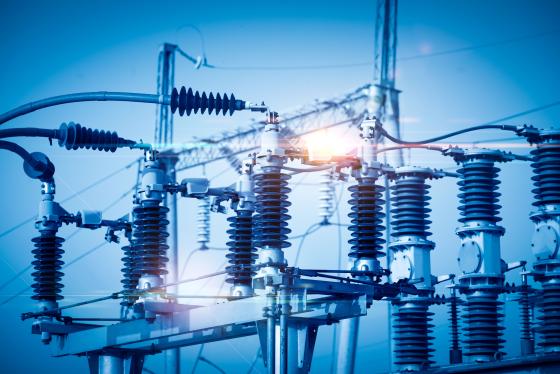Cross-Border Cost Allocation (CBCA)
Cross-Border Cost Allocation (CBCA)
Ensuring an efficient sharing of energy infrastructure costs between countries

The Regulation on guidelines for trans-European energy infrastructure (TEN-E Regulation) introduced the cross-border cost allocation (CBCA) as a regulatory tool to facilitate the implementation of projects of common interest (PCIs).
European PCIs and Projects of Mutual Interests (PMIs) are key cross-border infrastructure projects that further link the energy systems of EU countries. Such infrastructure projects are a strategic priority for achieving Europe’s ambitious clean energy goals.
Cross-Border Cost Allocation (CBCA)
Why is cross-border cost allocation relevant?
CBCA decisions establish the sharing of the efficient investment costs of a PCI between the countries which are significantly impacted by the projects. NRAs jointly scrutinise the investment requests and determine which countries will contribute to financing them, and in which proportion. Cost sharing agreements may facilitate the implementation of PCIs if the territorial distribution of benefits and costs is not well aligned.
Cross-Border Cost Allocation (CBCA)
What's the role of ACER?
Promoters of PCIs and PMIs can submit their investment requests, including for CBCA, to the relevant national regulatory authority (NRA). In case the NRAs cannot reach an agreement after 6 months, or upon NRAs’ joint request, ACER serves as a last-resort decision maker in CBCA cases.
CBCA Guidelines
In June 2023, ACER adopted a recommendation for identifying good practices for the treatment of investment requests for PCIs. It builds upon past decisions and stakeholders’ feedback collected through a workshop and public consultation.
The recommendation provides guidance to project promoters on submitting investment requests, as well as to NRAs on their assessment and the allocation of costs among Member States. Additionally, it outlines reporting requirements of project promoters towards NRAs and transmission system operators (TSOs) of the relevant Member States.
What are the main elements of ACER’s CBCA recommendation?
- Pragmatism and flexibility, as there is no one-fits-all solution;
- Basic guiding principles for all projects;
- CBCA also for clusters of projects;
- Choice and evaluation of scenarios;
- A stable framework for the identification of contributing countries;
- Treatment of uncertainty and adjustment mechanisms.
This CBCA recommendation shall be regularly updated as necessary, in particular to ensure consistency with the principles on the offshore grids for renewable energy cross-border cost sharing. ACER shall consult all relevant stakeholders when modifying the recommendation.
CBCA monitoring
ACER’s 2025 monitoring shows:
- 65% fewer CBCA decisions issued in the second half of the monitoring period (2019-2024), reflecting a drop in eligible cross-border projects due to completed infrastructure, the phase-out of natural gas and Brexit.
- Costs stay national in most cases, as Member States usually agree to cover their own share.
- Access to EU grants via the Connecting Europe Facility (CEF) is the main reason project promoters submit investment requests.
- No CBCA decisions yet for hydrogen, as the sector is still in early stage of development.
Cross-Border Cost Allocation (CBCA)
Practical information
For NRAs:
NRAs should inform ACER about investment requests and CBCA decisions without delay and share the relevant documents.
For promoters:
The guidance on the submission of an investment request for project promoters is accompanied by a template (Annex IV) summarising all relevant information to be provided.
Related documents
-
Recommendations
-
Reports
-
Decisions

